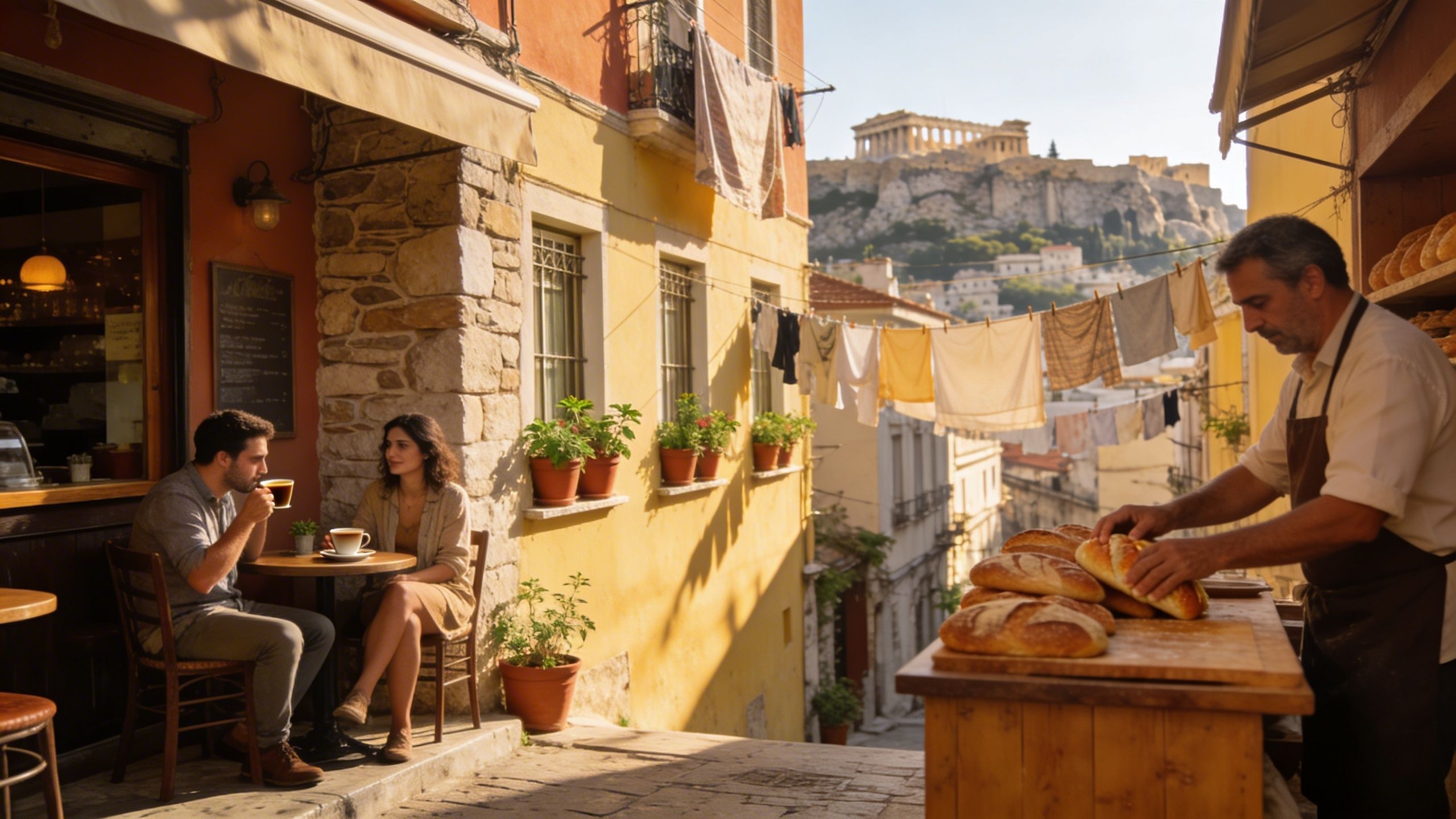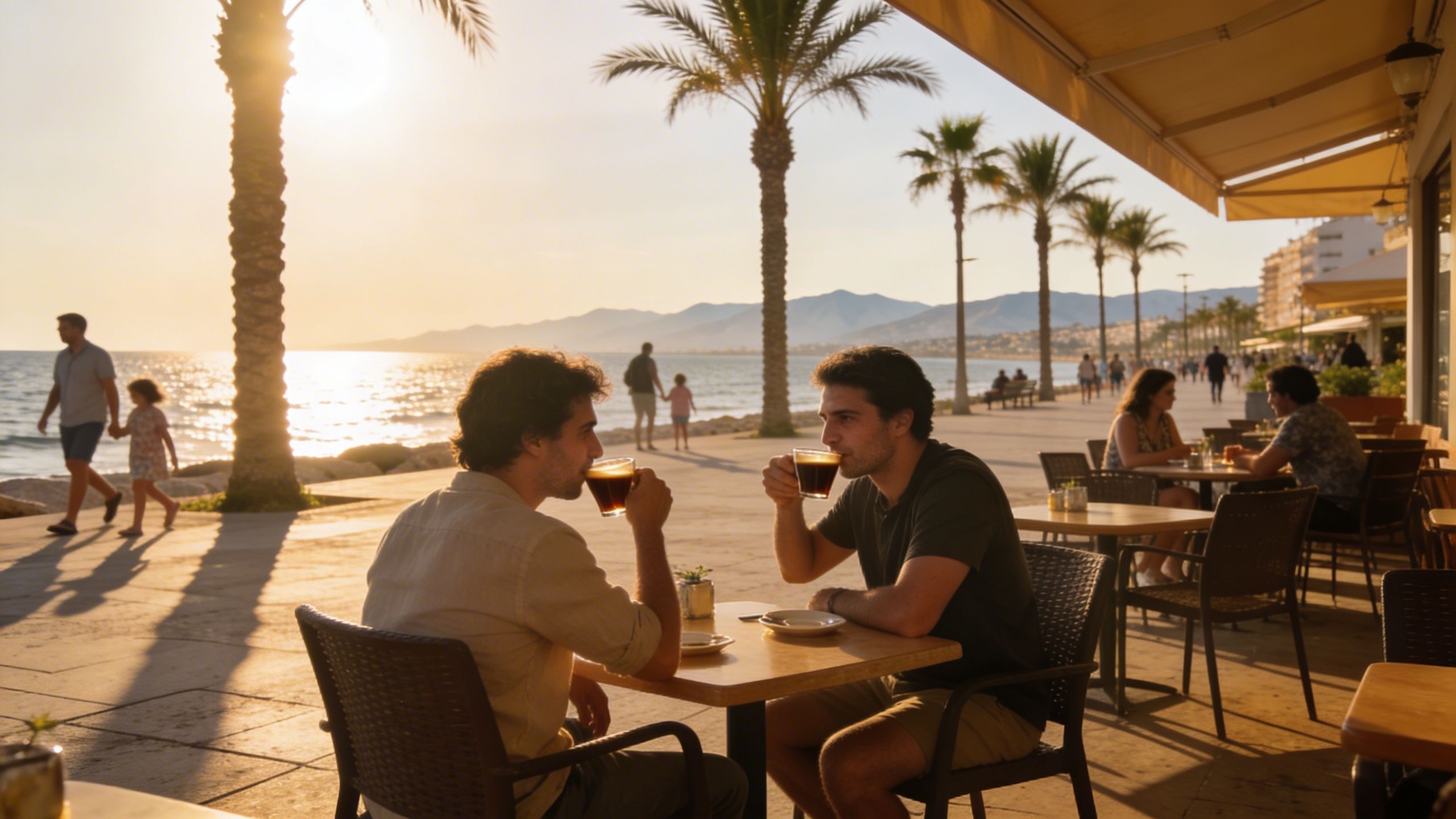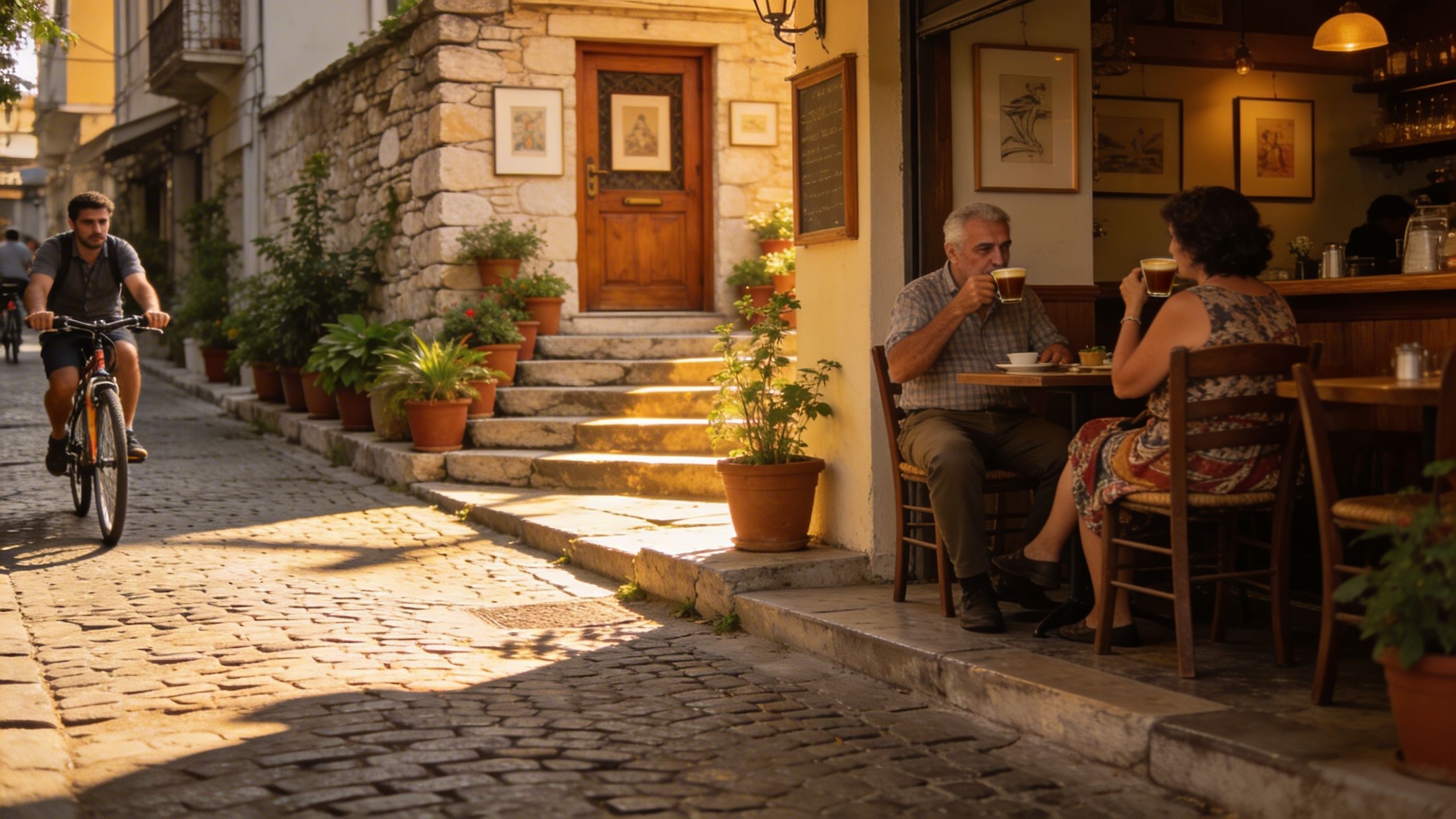Cyprus Permits & Practical Stewardship for Buyers
Fall in love with Cyprus’s seasons while navigating permits, non‑EU approvals and VAT—practical, cited steps to protect lifestyle and investment.
Imagine waking to the smell of coffee and sea salt on a quiet Larnaca street, then cycling through olive groves before a late lunch of fresh halloumi in a mountain village. Cyprus feels small and generous at once: sunlit mornings, slow afternoons in kafeneions, and neighbors who still trade figs at the gate. For international buyers who love nature and low‑impact living, that rhythm is irresistible — but the legal and permit landscape that protects these rhythms is precise and sometimes surprising. This guide pairs sensory, place‑based storytelling with hard, citation‑backed due diligence advice so you arrive prepared and rooted.
Living Cyprus: small towns, big seasons
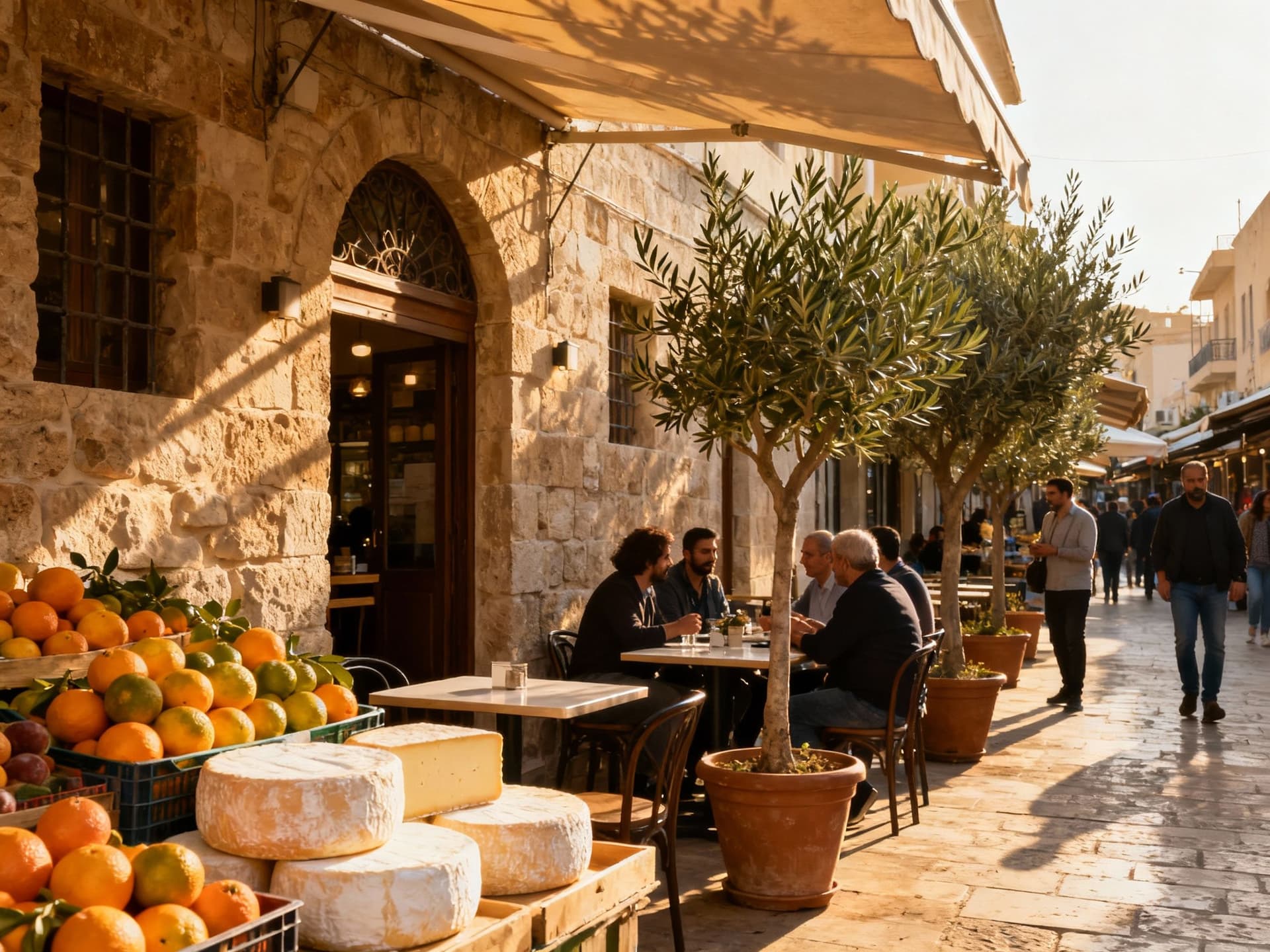
Cyprus lives in seasons: a riotous spring of wildflowers, long, luminous summers by the coast, and a quieter, honeyed autumn when villages refill and local markets brim. Neighborhoods feel distinct — Limassol’s marina and old‑town lanes hum with cafes and galleries, Paphos threads ancient ruins into seaside promenades, Nicosia’s walled center keeps a contemplative, slow‑paced daily life, and the Troodos foothills answer to a very different, cooler tempo. Choosing where to buy is as much about which daily rhythm you want as it is about price per square metre.
Neighborhood spotlight: Limassol’s old town and Agios Tychonas
Picture late afternoons in Limassol’s old town: lines of small tavernas, narrow cobbled streets, and courtyards where warm light pools against stone. Agios Tychonas, just west of the marina, blends coastal promenades with quiet residential lanes and small orchards — perfect for buyers who want sea access without constant tourist buzz. For eco-minded buyers, look for homes with passive cooling features, mature trees for shade, and terraces that catch sea breezes; these simple design choices cut energy use and amplify daily comfort.
Food, markets and the week that makes a place
A buyer’s best orientation to a neighbourhood is the weekly market: the citrus crates at Polis, the mountain honey at Troodos markets, the small coffee shops where builders and artists meet. These moments teach you how public life works and where a home will fit into it. When you tour properties, visit markets at different times of day and speak to stallholders — they’ll tell you about noise, sun, and how the area changes through seasons.
- Lifestyle highlights to look for in Cyprus neighborhoods: Limassol’s seaside promenades, Paphos Old Harbor mornings, Larnaca’s finikas (palm) alleys, Troodos hiking and cedar groves, Polis market Saturdays, Agios Tychonas quiet terraces.
Making the move: permits, rules and practical rhythms
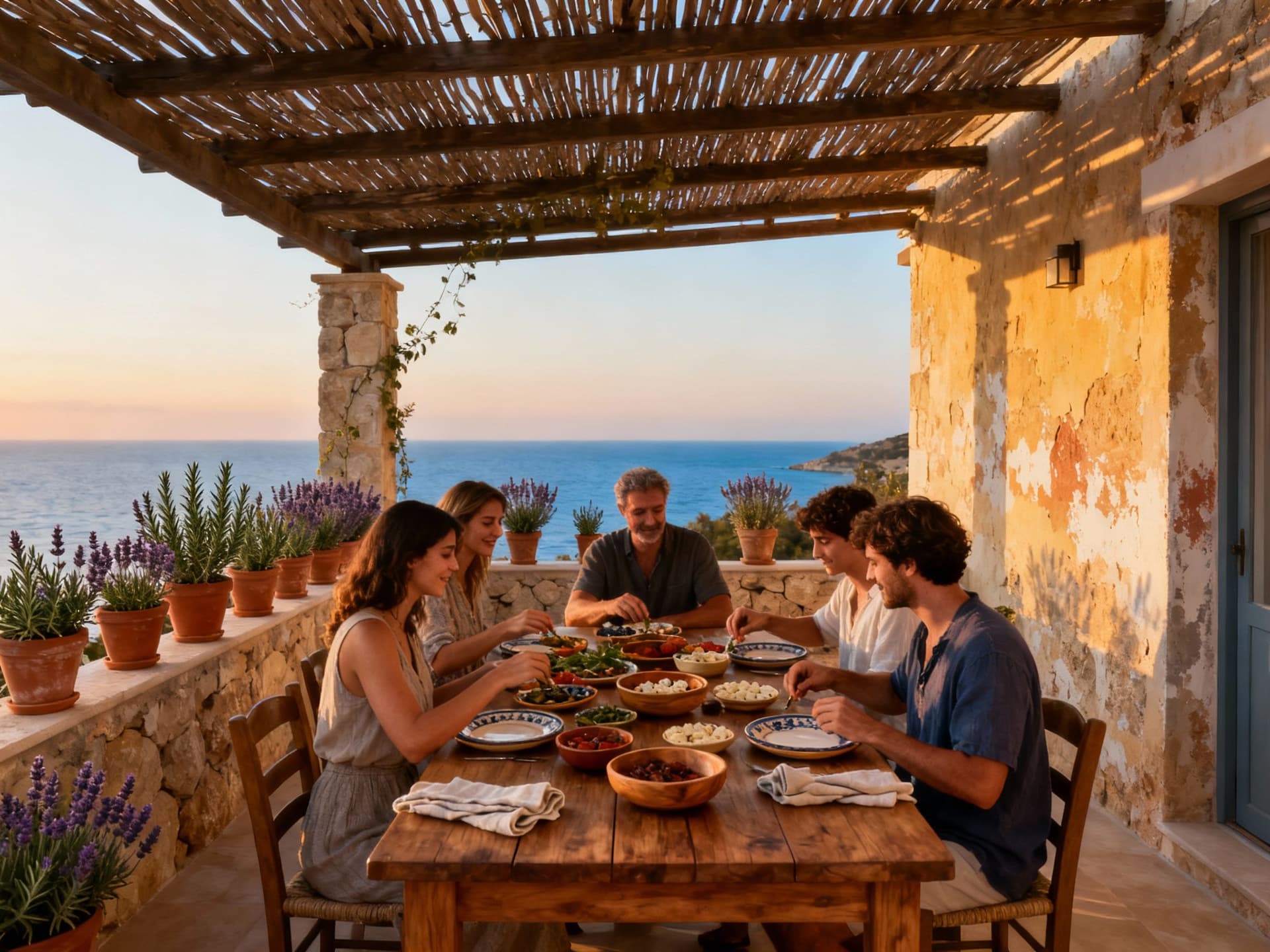
Dreams meet paperwork in Cyprus in very concrete ways. EU citizens generally buy with few restrictions, while non‑EU buyers must seek approval under Cap.109 and may be limited in plot size or in number of properties. Approval is routed through the District Officer to the Council of Ministers and can take weeks or months; building a realistic timeline around that step keeps deposits safe and your plan flexible. Always pair a local lawyer with experience in non‑EU approvals to prepare the application and manage expectations.
Property styles and permits: what each type demands
A new build, a renovation of a vernacular stone house, or an agricultural plot each pulls a different thread of regulation. Newly built homes may attract VAT (with reduced rates for primary residences within limits), while transfers of used buildings are typically VAT‑exempt. Building permits and the final approval certificate (scheduling/use permissions) must be verified before purchase; without them you can inherit a lengthy compliance task. Ask sellers for planning permissions, final approvals and stamped site plans, and verify those at the local District Office.
Working with local experts who protect lifestyle goals
- 1. Hire a Cypriot lawyer early to lodge the application to the District Officer and to check title and planning; their local knowledge prevents costly surprises. 2. Use an architect or surveyor to verify boundaries, permitted land use, and any listed or protected status that affects renewables or expansions. 3. Ask for proof of tax clearance from the seller; transfers without clearance stall at the Land Registry. 4. Insist on staged payments linked to clear milestones and retention clauses for missing approvals.
Insider knowledge: myths, red flags and long‑term stewardship
A few truths expats wish they'd known: (1) the ‘sea‑view premium’ is real but often short‑lived unless the home also offers climate‑wise features like natural shading and cross‑ventilation; (2) off‑plan promises must be backed by planning permissions, not glossy renderings; and (3) anti‑money‑laundering checks are stricter than before — expect transparent source‑of‑funds requests and bank confirmation steps. Treat red flags — vague title history, absent approvals, or pressure to bypass local counsel — as deal breakers.
Sustainability & regenerative choices that protect value
- Practical green features that matter in Cyprus: roof insulation and shading to reduce cooling demand; mature landscaping and rain harvesting to reduce irrigation; solar PV with local compliant permits; natural stone and lime renders that breathe; greywater reuse where allowed. These features lower running costs and fit the island’s climate, and asking for them during due diligence signals serious stewardship to local planners.
What expats wish they’d known about community and time
People who settle best in Cyprus arrive with patience: permits take time, renovation trades are seasonal, and social life deepens slowly around markets and church festivals. Join local associations, attend a village festa, and support small producers — these ties ease planning permissions and practical renovation work. A home bought with respect for local rhythms often costs less in hassle and returns more in belonging.
Start simply: visit the District Land Registry online or through your lawyer to check encumbrances; secure a conditional sale agreement with clear timelines for permit applications; and budget for stamp duty, transfer fees, and possible VAT depending on the property type. For non‑EU buyers, expect an extra application step and allow 2–3 months for Council of Ministers decisions in routine cases. These steps turn dream scenes into secure ownership.
If you love Cyprus for its light, food and community, stewarding a purchase with local expertise protects both the place and your peace of mind. Next steps: walk neighbourhoods at market time, shortlist properties with verified planning and final approval certificates, instruct a Cypriot lawyer familiar with non‑EU approvals, and prioritise sustainable features that match local climate rhythms. When you buy this way, your home becomes part of an island story that you help sustain.
Norwegian market analyst who relocated from Oslo to Provence; guides investors with rigorous portfolio strategy and regional ecological value.
